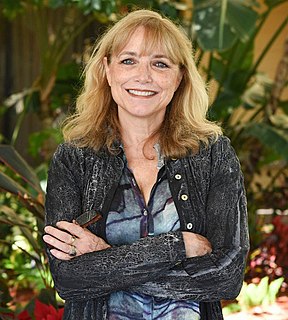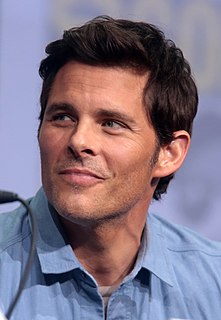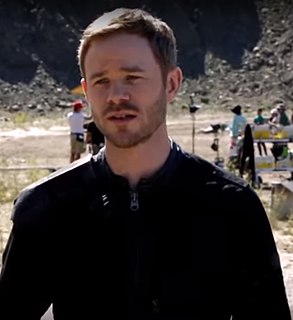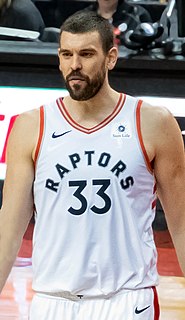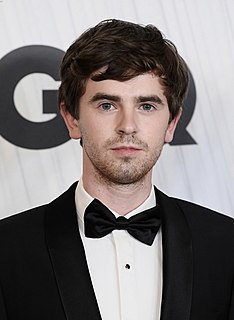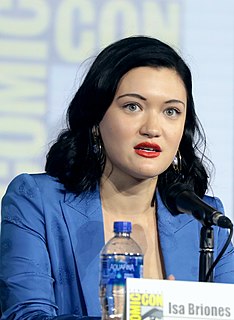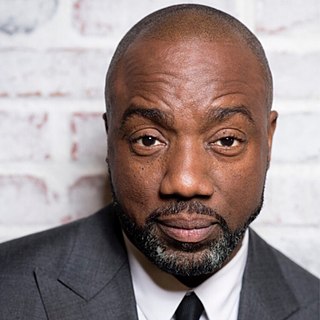A Quote by Karen Allen
When I read a film script, I kind of see it in my head and I see the moments that shape what I understand the character to be. There's very little time for rehearsal.
Related Quotes
I think that a lot of the time I don't go for something in particular. I see what comes to me, I filter it out. I never really strive to play a particular character or do a particular genre of film. As long as it's a good script and a great range of people and my character is really interesting I can't see any reason not to do it.
Whenever I read a script or sign a film, I don't see whether he is a bad guy or a good guy. I see how much the character is contributing to the story? How much is the importance of the character in taking the story forward? And what new I would be able to learn and what new I would be able to try in that?
I was in rehearsal and reading the script and I was like, 'Wait, wait, wait, wait. I think I'm related to Data,' which was crazy but that was really cool. Going back to watch' Next Generation' and getting to see Brent doing his thing and just how incredible he was and it was obvious to see why he was such a beloved character.
